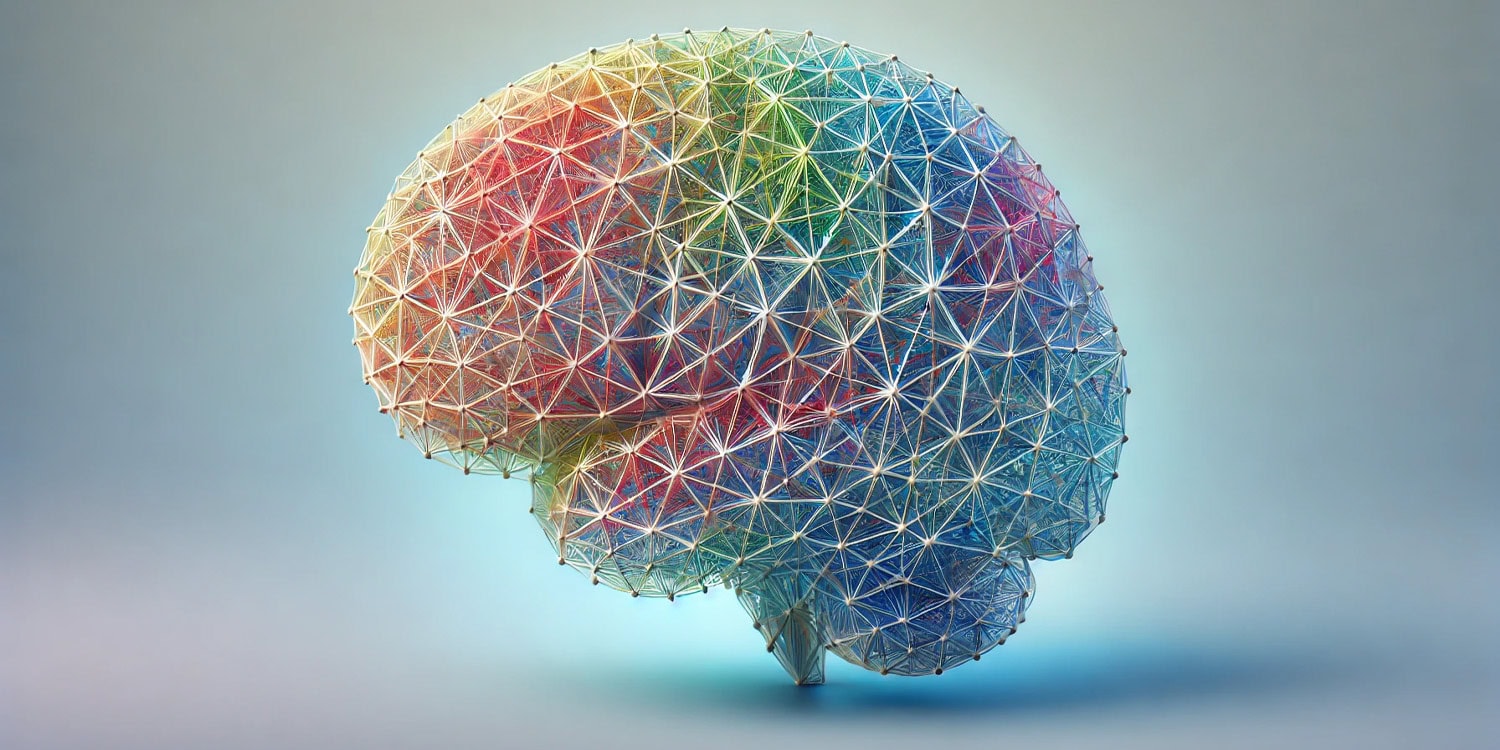Can therapy rewire the brain? For individuals struggling with both depression and obesity, a new Stanford Medicine study says yes—when the therapy is the right fit. Researchers found that cognitive behavioral therapy focused on problem-solving reduced depression symptoms in a third of participants and altered their brain activity in ways that could predict longer-term benefits.The findings have been published in Science Translational Medicine.
Depression affects millions of people worldwide and becomes particularly challenging to treat when paired with obesity, a condition that complicates recovery and worsens outcomes. Previous research has suggested that brain regions associated with cognitive control—areas responsible for regulating emotions and behaviors—might influence how individuals respond to therapy.
This study aimed to determine whether a therapy specifically designed to engage these brain circuits could lead to sustained improvements in depression symptoms, particularly in individuals with comorbid depression and obesity. The researchers also investigated whether early changes in brain activity could predict long-term therapeutic success, paving the way for more personalized treatment strategies.
The study, conducted between 2015 and 2018, was part of the larger I-CARE trial. It included 108 adults with moderate to severe depression and obesity. Participants were required to meet certain criteria: a body mass index of 30 or higher (27 for Asian participants) and a score of 10 or more on a standard depression questionnaire, indicating moderate or greater severity of depression.
Participants were randomly assigned to one of two groups: the experimental I-CARE intervention or standard care. The I-CARE program combined structured cognitive behavioral therapy with a focus on problem-solving for depression and a video-based lifestyle intervention to address obesity. This approach included a mix of in-person sessions and self-guided materials aimed at improving both psychological and physical health. The standard care group received routine medical management, including a wireless activity tracker, but did not receive the additional therapeutic components.
To evaluate the interventions, participants underwent functional MRI scans at five intervals over two years. These scans measured activity in the cognitive control circuit—a network of brain regions involved in regulating emotions and behaviors. During each scan, participants completed a Go-NoGo task, a cognitive exercise requiring them to inhibit certain responses. Depression symptoms and problem-solving ability were also assessed at baseline, two months, six months, 12 months, and 24 months using validated questionnaires.
The researchers focused on the first two months of therapy, during which participants concentrated specifically on depression. This period was critical for identifying early neural changes that could predict long-term outcomes. Advanced statistical models were employed to analyze relationships between brain activity changes, problem-solving improvements, and reductions in depression symptoms.
Approximately one-third of participants in the I-CARE group experienced significant reductions in depression symptoms. These improvements, along with gains in problem-solving ability, were sustained over two years, highlighting the potential for lasting benefits from tailored cognitive behavioral therapy.
Participants in the I-CARE group exhibited reductions in activity within the cognitive control circuit, particularly in regions such as the prefrontal cortex and parietal lobes. These changes were associated with improved problem-solving skills. Interestingly, this neural adaptation appeared to reflect greater efficiency in how the brain processed cognitive tasks, suggesting that therapy helped participants manage mental resources more effectively.
Changes in brain activity observed after just two months of therapy predicted longer-term benefits. Participants who showed early neural adaptations were more likely to experience sustained improvements in problem-solving ability and reductions in depression symptoms over the 24-month study period.
Despite these promising findings, the study had several limitations. The sample consisted primarily of college-educated, non-Hispanic white women, limiting the generalizability of the results to more diverse populations. Additionally, while the study focused on cognitive control, depression is a heterogeneous condition involving diverse symptoms and brain mechanisms. Future research could explore whether similar approaches might benefit other subtypes of depression.
Attrition was another challenge, with fewer participants completing assessments at later time points. This natural drop-off restricts the ability to draw definitive conclusions about the stability of long-term effects. Furthermore, while the Go-NoGo task effectively engaged cognitive control, it addressed only a specific type of mental processing. Future studies should consider a broader range of cognitive and emotional functions affected by therapy.
Despite these limitations, the findings represent a significant step toward tailoring treatments for individuals. Future studies could expand to more diverse populations and investigate how other therapies or combinations of interventions influence brain activity. Ultimately, integrating brain imaging into clinical practice could help match patients with therapies most likely to benefit them, advancing precision psychiatry.
The study, “Adaptive cognitive control circuit changes associated with problem-solving ability and depression symptom outcomes over 24 months,” was authored by Xue Zhang, Adam Pines, Patrick Stetz, Andrea N. Goldstein-Piekarski, Lan Xiao, Nan Lv, Leonardo Tozzi, Philip W. Lavori, Mark B. Snowden, Elizabeth M. Venditti, Joshua M. Smyth, Trisha Suppes, Olusola Ajilore, Jun Ma, and Leanne M. Williams.




